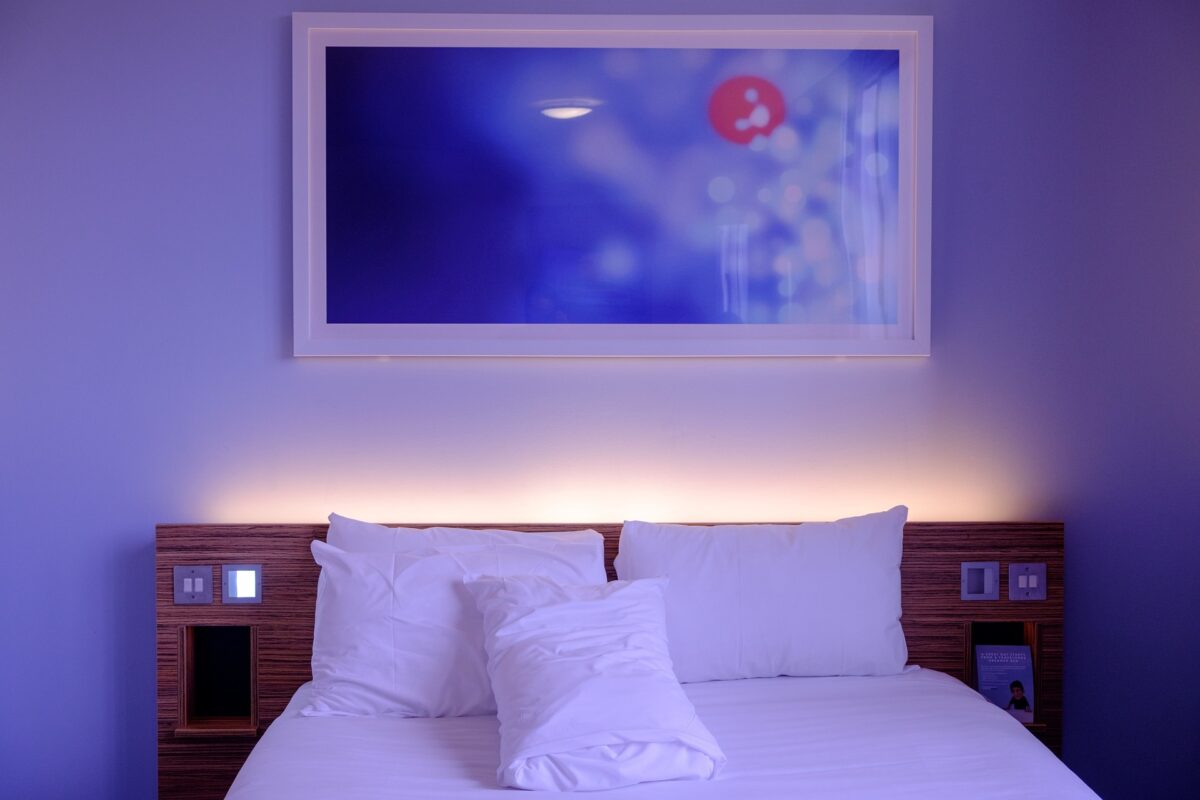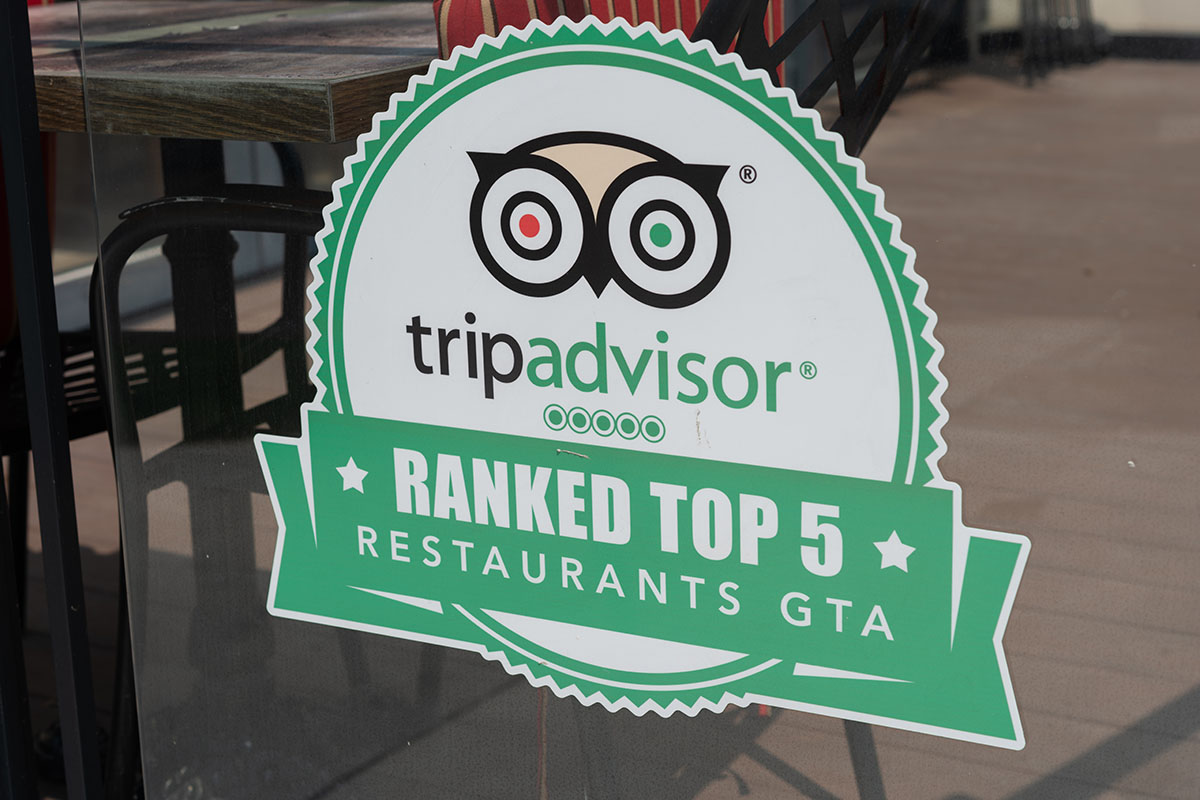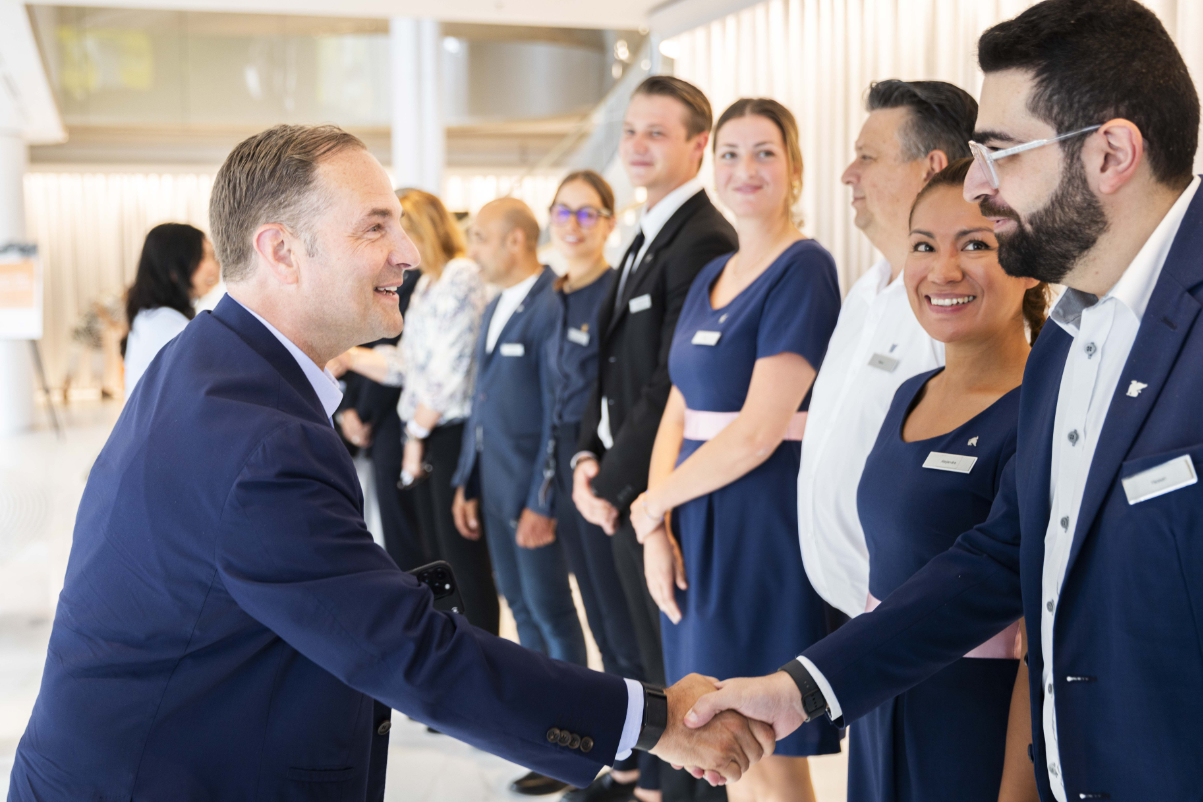M&A Is Not a Growth Engine, Says Cloudbeds CEO

Skift Take
There have been numerous travel tech acquisitions just in the past few months. Many of those deals grew client numbers for the buyers, expanding the footprints for those companies overnight.
But for Cloudbeds, a property management system for hotels, that’s not the strategy for growth.
“It hasn't been our strategy to date because that doesn't seem organic. It's like you're buying a business to force that business owner over — that's not healthy,” Cloudbeds CEO Adam Harris said in an interview with Skift.
Besides creating a poor experience for clients, Harris said the cost of integrating them takes away from resources that the company would use to improve the product. While he doesn't exclude that type of growth from ever happening in the future, he’d rather focus on the product and win customers by selling to them.
"We’ve seen other companies roll up players similar to them, but we haven’t necessarily seen that followed by a tremendous amount of organic customer growth. This makes us wonder how well that horizontal strategy is working for hoteliers," Harris stated later in an email.
The San Diego-based company primarily provides a property management system for small- and medium-sized independent hotels, aiming to streamline operations like check-in and check-out, guest management, and housekeeping. It also offers a channel manager, booking engine, and more.
The company was founded in 2012 and raised a series D round of $150 million in 2021. (Harris spoke with Skift CEO Rafat Ali last year for a podcast about the changing funding environment.)
Cloudbeds has done nine acquisitions over 12 years, but it’s always been to add tech or staff, not clients, Harris said.
Organic Growth vs. M&A
With more than 20,000 properties using tech from Cloudbeds, the company has one of the largest market shares. The leader is Oracle Hospitality, which has its tech in about 40,000 properties. Around 5,000 properties use tech from Mews, and about 1,000 use tech from Stayntouch.
“Every single one of those customers is organic,” Harris said. “We didn't acquire a single brand to come over. And that's not our strategy.”
Mews, on the other hand, employs that strategy to grow quickly. Mews recently acquired a Germany-based hotel tech system that added 3,500 properties to its portfolio.
Other companies do the same. Holidu, a vacation rental booking site with operational software for hosts, added 28,000 properties with a recent acquisition. The Access Group, which provides operations software for hotels, added 2,000 hotel clients.
“I know there are brands out there that use M&A as growth engines. We don't need a growth engine,” Harris said.
Over a quarter of the properties in the Cloudbeds portfolio have at least 50 rooms, Harris said.
“I have more properties than Stayntouch and Mews and Apaleo, combined, in the mid-market category. I have more mid-market customers than they do in their entire ecosystem.”
Harris spoke with Skift during the HITEC hotel tech conference in late June, where he pointed out private equity representatives roaming the convention floor looking to make deals and potentially create rollup companies. That’s something he wants to stay away from.
“I can point them out in 10 seconds. [They’re] walking these halls looking to buy and smash things together.”
Correction: This article was updated to reflect the correct number of properties that Mews gained by buying the German hotel tech company.





